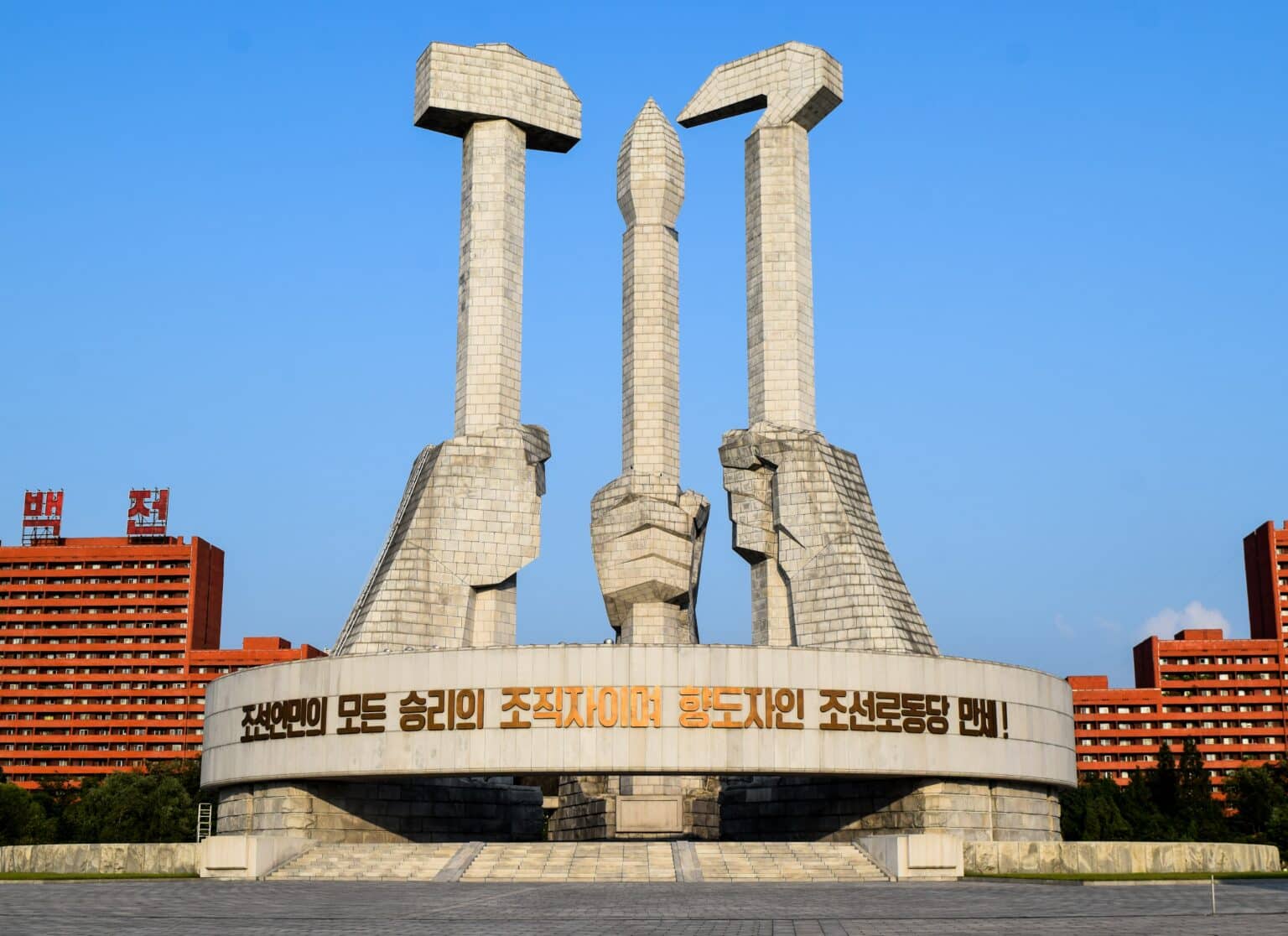North Korea on Friday threatened to take “unprecedentedly constant, strong responses” if South Korea and the United States go ahead with planned joint military drills.
In a statement on North Korean state media, the country’s Foreign Ministry also said it would consider military action if the UN Security Council—which it views as being unduly influenced by the U.S.—continues to pressure Pyongyang.
Earlier Friday, South Korea announced its military would hold a “tabletop” exercise at the Pentagon on Wednesday that would simulate a North Korean nuclear attack.
That discussion-based drill is set to be followed by a visit to a U.S. Navy base in Georgia that hosts key U.S. nuclear submarines, according to South Korea’s Defense Ministry.
South Korean defense officials have also said the U.S. and South Korea are considering holding large-scale, live fire exercise later this year. It would be the first such joint military exercise in roughly six years. They had been paused in 2018 as Seoul attempted to pursue negotiations with Pyongyang.
In December, the U.S. military formally launched a Space Force unit at Osan Air Base near Seoul—a move that’s expected to allow the Pentagon to better monitor North Korea, plus China and Russia.
That move came at the end of a year in which North Korea had test-fired barrages of nuclear-capable ballistic missiles, and had threatened to launch “fiercer” military responses to the U.S. bolstering its security commitments to both South Korea and Japan.
North Korea is prohibited from any ballistic missile activity under a series of UN Security Council resolutions. The U.S. has tried to get the Security Council to pass additional measures following the North’s recent tests, but North Korean allies China and Russia have prevented such efforts.
North Korea did halt weapons testing activities following a short-range missile firing on January 1. However, its more-than 70 missile launches in 2022 is a reported record number for one single year.
Just days after the announcement about the Space Force unit at Osan, North Korea said it had fired a test satellite in a final stage for its first spy satellite.
During a meeting in November between U.S. Defense Secretary Lloyd Austin and his South Korean counterpart, Austin reiterated a warning that any nuclear attack against the U.S. or its allies would result in the end of North Korean leader Kim Jong Un’s regime.


